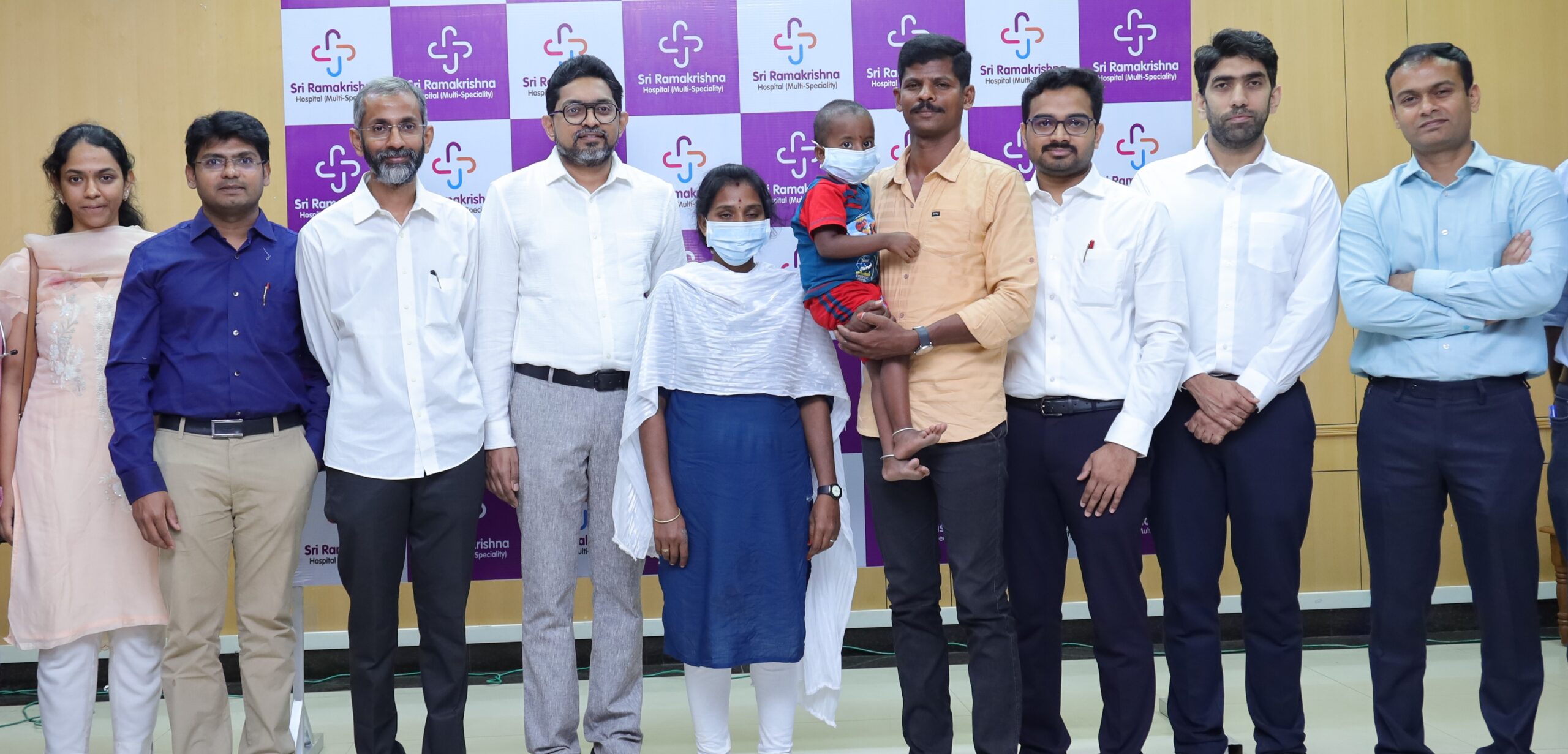Trending Now
- 830 voters names go missing in Kavundampalayam constituency
- If BJP comes to power we shall consider bringing back electoral bonds: Nirmala Sitaraman
- Monitoring at check posts between Kerala and TN intensified as bird flu gets virulent in Kerala
Coimbatore
Diabetes Day: how to get the better of this chronic disease?
![]() November 23, 2019
November 23, 2019
Senior diabetologist of KG Hospital, Dr J Giri, spoke to The Covai Post about how prevalent diabetes is and what we can do to prevent it or manage it successfully.
November 14 is commemorated as World Diabetes Day and this year’s theme is family and diabetes. The day aims at generating awareness about the effect of the disease on the patient’s family and caregivers, and providing insights into prevention and care.
Diabetes is a chronic disease that can affect blood vessels of the heart, brain, eyes, kidney, lungs and lower limbs, said Dr J Giri, senior diabetologist, KG Hospital. “So a diabetic is at a risk of developing heart disease, kidney failure, foot ulcer and stroke. It’s important to detect diabetes early and be in full control of the disease through proper and regular treatment and check-ups.”
“The most common symptoms of diabetes are excess urination, thirst and appetite and weight loss. But the not so obvious symptoms include giddiness, recurrent urinary and lung infection and ulcers in the genitals,” the doctor said.
Changing lifestyle and urban culture is contributing to an increase in the incidence of the disease, he said.
“In India, about 8 to 9 per cent suffer from diabetes in the northern states while it’s 14 per cent in the southern states, the reason being a high consumption of rice,” he said.
“In the last 10 years, there has been an increase in the incidence of the disease in young adults – between 18 and 24 years of age; and pregnant women.”
“Eating junk food, like burger, and a sedentary lifestyle, has put children and young adults at the risk of acquiring this disease,” he said.
“Look at today’s lifestyle. Children return from school, and then attend tuition classes and then spend time on their gadgets. Hardly anyone plays, walks, runs or does any outdoor activity. This is giving rise to obesity at an early age.”
It’s very common for people aged between 30 and 40 getting diabetes, he said.
An important factor contributing to this disease is stress, according to him. “Academics- and job-related stress, parental expectations and gadgets are key factors contributing to this disease,” he said.
It’s important to realise that the entire family is affected when a member, especially the head of the family, is affected with diabetes as the disease requires life-long care for successful management.
In order to prevent this disease people must lead an active lifestyle, eat fibre-rich diet and be free of too much anxiety, the doctor said.























